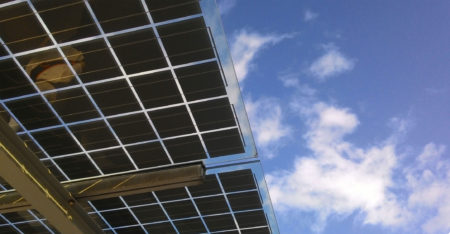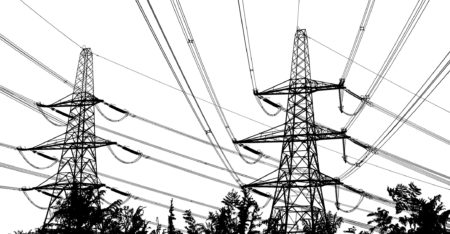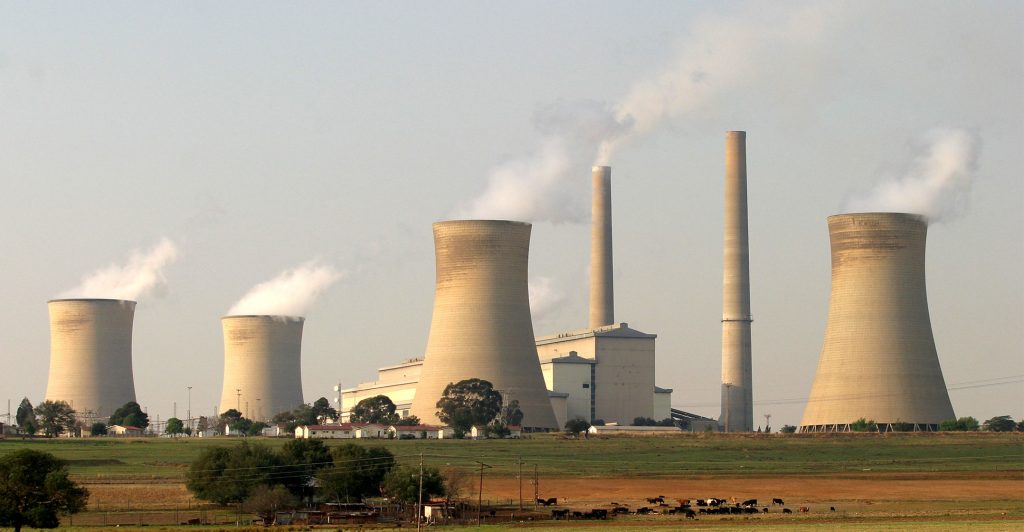Cosatu, a key ruling party ally, is pushing senior members of government to consider its proposals to rescue the state’s indebted power utility before next month’s budget.
Browsing: Energy and sustainability
Rolling blackouts will return to South Africa on Thursday evening, Eskom said in a statement. The stage-2 load shedding will take place between 9pm and 6am on Friday.
South African mining companies plan to build 609MW of electricity generating capacity, if they can get official approval for the projects.
Eskom CEO André de Ruyter said that while he favours letting companies generate their own power, there will be significant initial costs if they are to sell their excess generation into the South African grid.
Eskom CEO André de Ruyter will this week present a draft plan to change how the utility operates, as media reported he’s considering unbundling the utility at a slower pace than envisaged by the government.
City Power, which distributes electricity to large parts of Johannesburg, wants be less reliant on Eskom in light of how intermittent load shedding and the rising cost of electricity have affected it.
Sikonathi Mantshantsha, a fierce media critic of Eskom, has been appointed as the company’s new national spokesman.
Power shortages cost South Africa as much as R118-billion last year, a drain on the economy that’s set to continue for two to three years unless urgent action is taken, a new study has found.
State-owned power producer Eskom will be the “death knell” for South Africa’s mining industry unless the government enables mines to produce their own electricity, according to Exxaro Resources CEO Mxolisi Mgojo.
Eskom has admitted it has a solution to its highly unreliable ageing fleet of coal power stations. This time, however, the plan is not the clichéd definition of insanity (which seems to have been the plan over much of the last decade).







